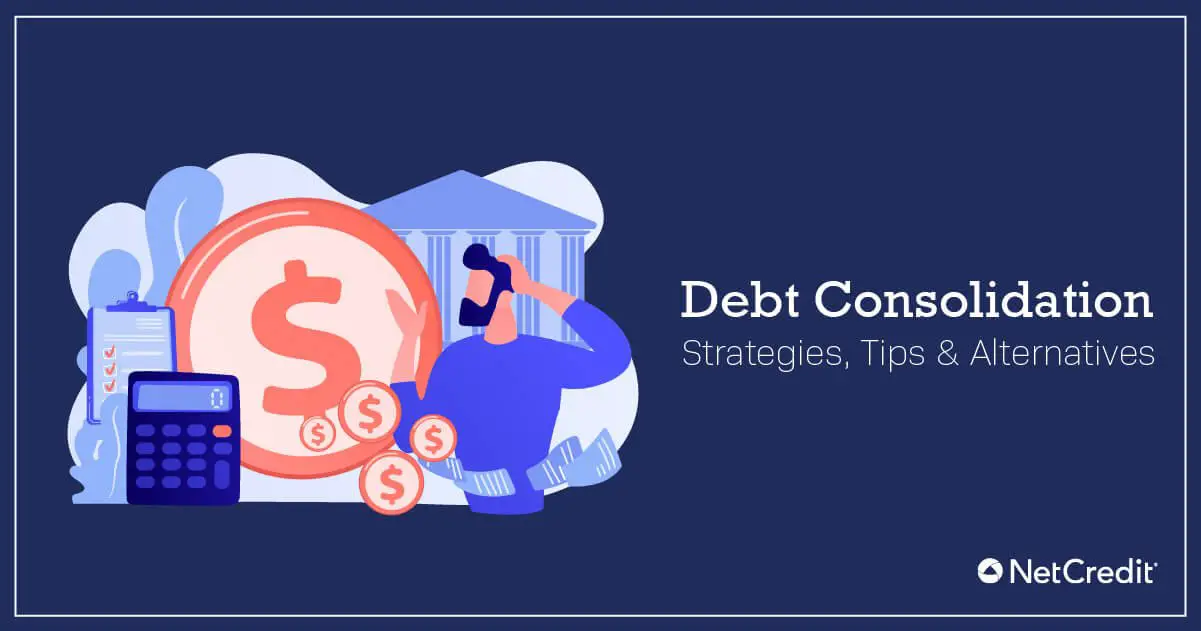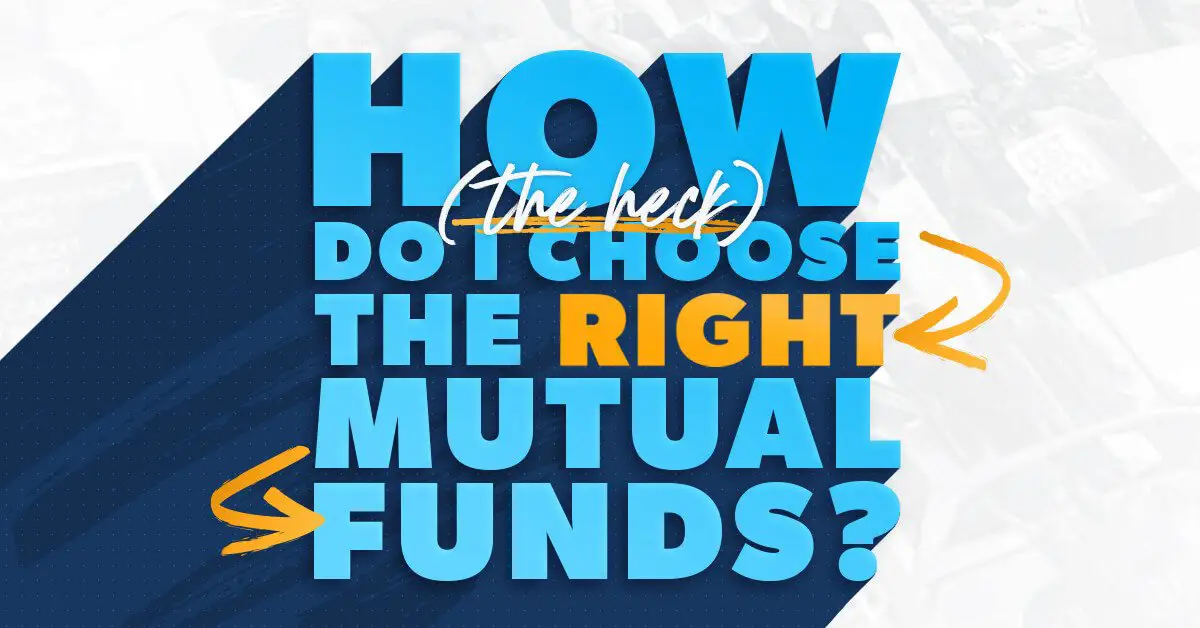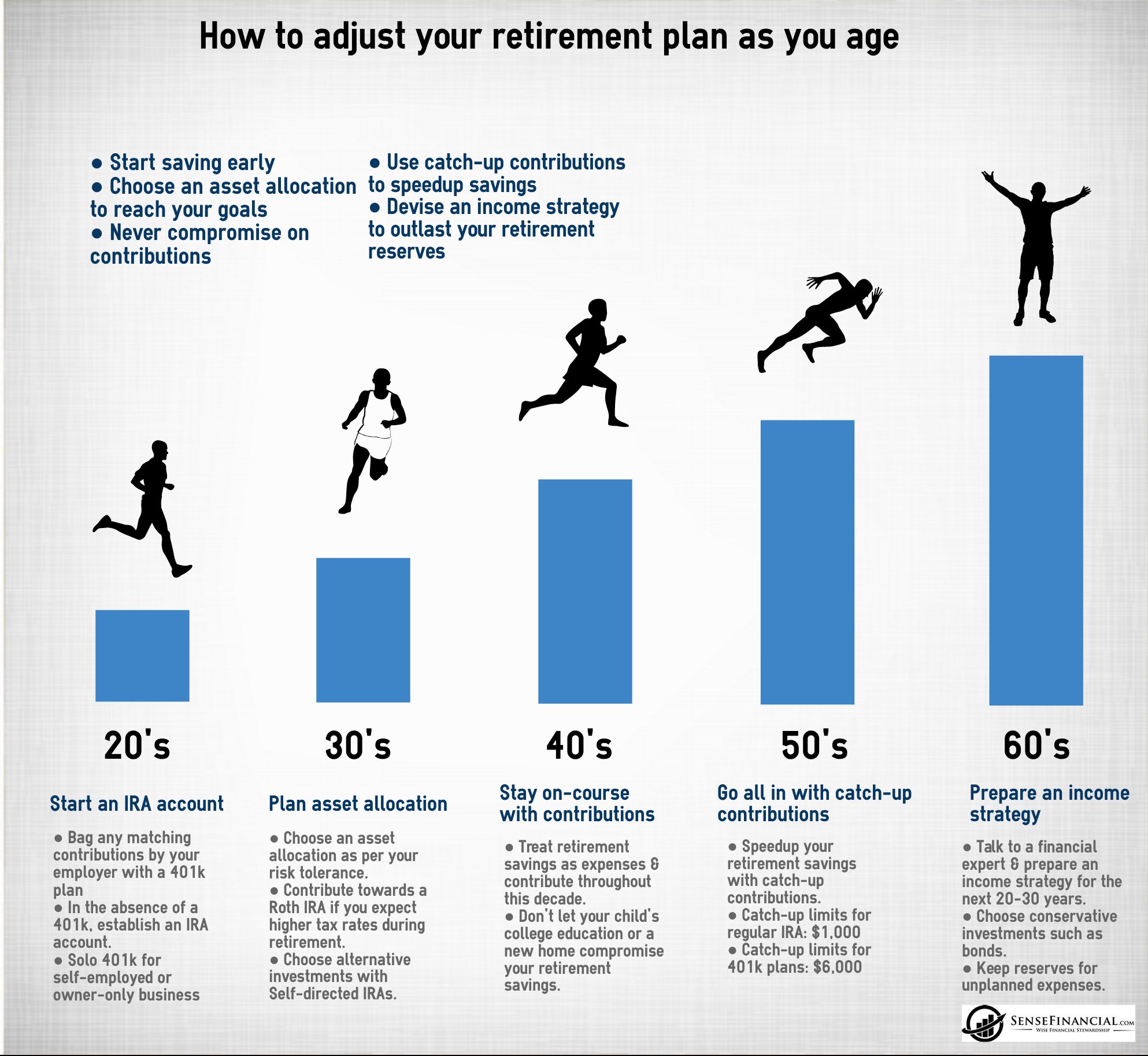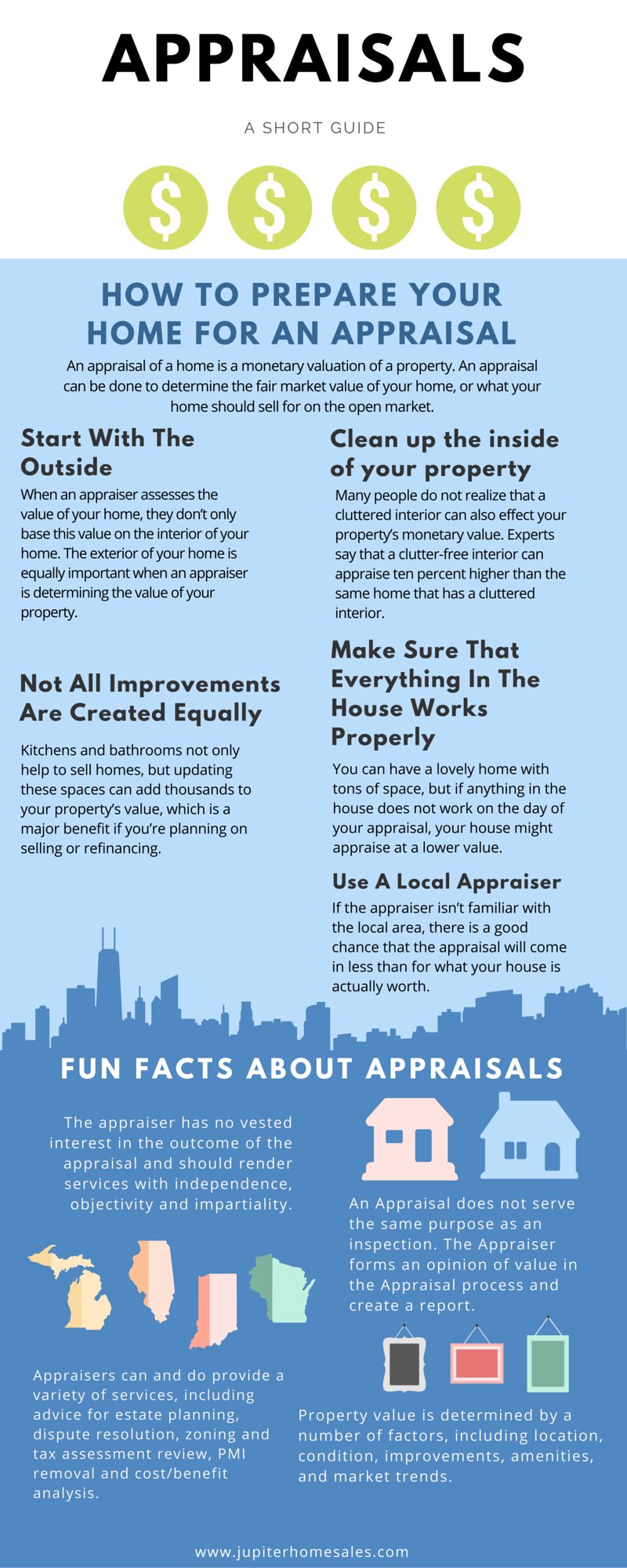Are you struggling to manage multiple debts? Looking for effective strategies to consolidate your debts and regain financial stability? You’re in the right place! In this article, we will explore valuable tips for debt consolidation strategies that can help you tackle your debts efficiently and pave the way towards a debt-free future. By implementing these practical approaches, you can take control of your finances, reduce stress, and work towards a brighter financial future. So, let’s dive in and explore the world of debt consolidation strategies!
Tips for Debt Consolidation Strategies
Introduction
Debt consolidation can be a useful strategy for individuals who are overwhelmed by multiple debts. It involves combining all your outstanding debts into a single loan or payment plan, making it easier to manage and potentially reducing your overall interest rates. However, to make the most of debt consolidation, it’s important to have a well-thought-out strategy in place.
In this article, we will provide you with valuable tips and insights to help you navigate the world of debt consolidation strategies effectively. We will explore key aspects such as understanding your financial situation, choosing the right consolidation method, and implementing smart repayment strategies.
Understanding Your Financial Situation
Before diving into any debt consolidation strategy, it’s crucial to have a clear understanding of your financial situation. Consider the following steps to gain a comprehensive view:
1. Assess your debts
- Make a list of all your outstanding debts, including credit cards, personal loans, student loans, and any other liabilities.
- Note down the interest rates, minimum payments, and due dates for each debt.
2. Calculate your total debt
- Add up the outstanding balances of all your debts to determine your total debt load.
- This will give you a clear picture of how much you owe and the magnitude of your financial challenge.
3. Evaluate your budget and cash flow
- Review your monthly income and expenses to understand your cash flow.
- Identify areas where you can cut back on expenses to free up more money for debt repayment.
- Consider creating a budget to help you stay on track with your finances.
Choosing the Right Debt Consolidation Method
Once you have a solid grasp of your financial situation, it’s time to explore different debt consolidation methods. Here are some popular options to consider:
1. Balance transfer credit cards
A balance transfer credit card allows you to transfer your existing high-interest credit card debts onto a card with a lower or zero introductory interest rate. This can provide temporary relief from high interest rates, allowing you to focus on paying off the principal amount.
2. Personal loans
Another common debt consolidation method is taking out a personal loan to pay off multiple debts. This involves borrowing a lump sum of money from a bank or financial institution and using it to pay off your debts. With a personal loan, you can often secure a lower interest rate compared to credit cards, potentially saving you money in the long run.
3. Home equity loans or lines of credit
If you’re a homeowner, you may have the option to leverage your home equity through a loan or line of credit. These types of loans typically offer competitive interest rates but carry the risk of using your home as collateral. It’s important to weigh the pros and cons and ensure you can manage the payments.
4. Debt management programs
Debt management programs (DMPs) are offered by credit counseling agencies. They work with your creditors to negotiate lower interest rates and create a repayment plan that you can afford. DMPs can be a viable option for individuals struggling to make minimum payments but may come with certain fees.
Implementing Smart Repayment Strategies
1. Stick to your budget
Once you have consolidated your debts, it’s crucial to create a realistic budget and stick to it. Allocate a portion of your income towards debt repayment and ensure you make the necessary monthly payments on time.
2. Prioritize high-interest debts
If you have multiple debts with varying interest rates, consider prioritizing the higher interest debts first. Allocate more funds towards these debts while making minimum payments on others. This approach can save you money on interest payments in the long run.
3. Avoid accumulating new debts
One pitfall many individuals fall into after consolidating their debts is accumulating new debts. It’s important to break any unhealthy spending habits and avoid using credit cards or taking on new loans. Focus on reducing your existing debt rather than adding to it.
4. Seek professional advice if needed
If you feel overwhelmed or uncertain about managing your debt consolidation strategy, don’t hesitate to seek professional advice. Consult a financial advisor or credit counselor who can provide personalized guidance based on your specific situation.
Debt consolidation can be a powerful tool to regain control of your financial situation, but it requires careful planning and implementation. By understanding your financial situation, choosing the right consolidation method, and implementing smart repayment strategies, you can pave the way towards a debt-free future.
Remember, debt consolidation is just one piece of the puzzle. It’s essential to complement it with responsible financial habits, such as budgeting, saving, and living within your means, to achieve long-term financial stability. With determination and discipline, you can successfully navigate the path to debt freedom.
Debt Consolidation: The [CORRECT WAY] To Do It | Debt Consolidation Credit Cards
Frequently Asked Questions
Frequently Asked Questions (FAQs)
What is debt consolidation?
Debt consolidation is a strategy that involves combining multiple debts into a single loan or payment plan. It aims to simplify the repayment process and potentially lower interest rates.
How can debt consolidation help me?
Debt consolidation can help you by streamlining your debts into one manageable payment, potentially lowering your overall interest rates, and providing a clear roadmap to becoming debt-free.
Are there different types of debt consolidation?
Yes, there are different types of debt consolidation. Some common methods include using balance transfer credit cards, taking out a personal loan, or utilizing a home equity loan.
Is debt consolidation suitable for everyone?
Debt consolidation may be suitable for individuals who have multiple debts with high interest rates and are struggling to make payments. However, it’s important to assess your financial situation and consult with a professional before making a decision.
How does debt consolidation affect my credit score?
When you consolidate debt, it can initially have a temporary negative impact on your credit score. However, as you make consistent on-time payments, it can gradually improve your credit score over time.
Can I consolidate all of my debts?
Not all debts can be consolidated. Debts that are typically eligible for consolidation include credit card balances, personal loans, medical bills, and certain types of student loans. Mortgage, car loans, and some other secured debts may not be eligible.
What are the potential risks of debt consolidation?
Some potential risks of debt consolidation include accruing more debt if spending habits are not addressed, incurring additional fees or charges, and potentially losing collateral if a secured loan is not repaid.
How long does the debt consolidation process take?
The length of the debt consolidation process can vary depending on several factors, such as the chosen method, the complexity of your debts, and your financial situation. It can take anywhere from a few weeks to several months.
Final Thoughts
In conclusion, when considering debt consolidation strategies, it is important to keep a few key tips in mind. First, thoroughly assess your financial situation and create a budget to determine what you can afford to pay towards debt each month. Next, research and compare different consolidation options, such as balance transfer credit cards or personal loans, to find the best fit for your needs. Additionally, consider seeking professional advice or assistance from a credit counselor to help navigate your options. By implementing these tips for debt consolidation strategies, you can take control of your finances and work towards becoming debt-free.



